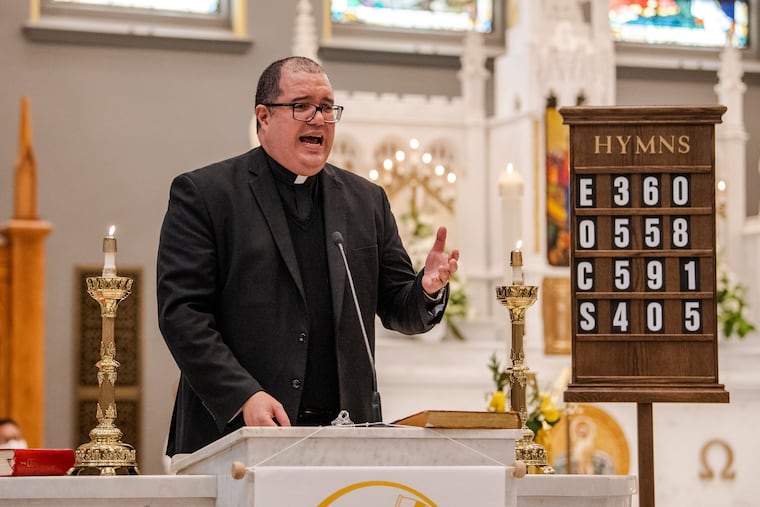Judge prohibits Adams administration from allowing ICE agents to operate on Rikers Island.
A Manhattan Supreme Court justice has issued a preliminary injunction that restricts the Adams administration from allowing federal immigration officers to operate on Rikers Island. This ruling came on a Friday, marking a significant legal development in the ongoing tensions between the city government and immigration enforcement policies.
The injunction halts the Immigration and Customs Enforcement (ICE) agency, along with other federal entities, from establishing a presence at the notorious prison complex until the legal challenges posed by the New York City Council against Mayor Eric Adams are resolved. The litigation centers on an executive order signed by Deputy Mayor Randy Mastro earlier this April that sought to authorize federal agents to set up offices on Rikers Island. The City Council promptly filed a lawsuit, asserting that the mayor’s directive was unlawful and suggested it was the result of a corrupted agreement with the Trump administration.
In her decision, Justice Mary Rosado voiced concerns that New York City’s status as a welcoming refuge for immigrant populations is at stake. She emphasized that the executive order is detrimental to the city’s reputation, potentially causing irreparable harm to the goodwill it has cultivated with diverse communities. Rosado drew attention to the perceived conflict of interest surrounding the mayor, highlighting the politically charged backdrop of the case.
The mayor’s office has expressed discontent with the ruling. Mastro stated that he believes the administration will ultimately prevail, asserting that the executive order is consistent with local laws and denying any actual conflict of interest. He countered the judge’s implications, defending that his actions were independent of the mayor.
This ruling has been interpreted as a victory by Council Speaker Adrienne Adams, who is currently campaigning for the mayor’s office. She articulated that the decision protects the civil rights of New Yorkers and serves as a barrier to the perceived overreach of Trump’s immigration policies. Advocates for immigrant rights echoed similar sentiments, with New York Immigration Coalition president Murad Awawdeh asserting that the ruling prevents the deportation of many individuals held in pretrial detention at Rikers.
Justice Rosado’s decision reflects broader anxieties about the impact of federal immigration enforcement within city limits and distinguishes New York City’s approach to immigration issues amid a complex political landscape. The case highlights the contentious relationship between local authorities and federal immigration laws, especially against the backdrop of heightened immigration enforcement under the previous administration.
The ongoing legal proceedings will further dissect the implications of these policies as the city navigates its path forward in a climate marked by division over immigration enforcement strategies. As this situation continues to unfold, both the legal community and immigrant advocacy groups will be watching closely, recognizing that the outcomes may reshape how immigration policies manifest in urban settings like New York City.







